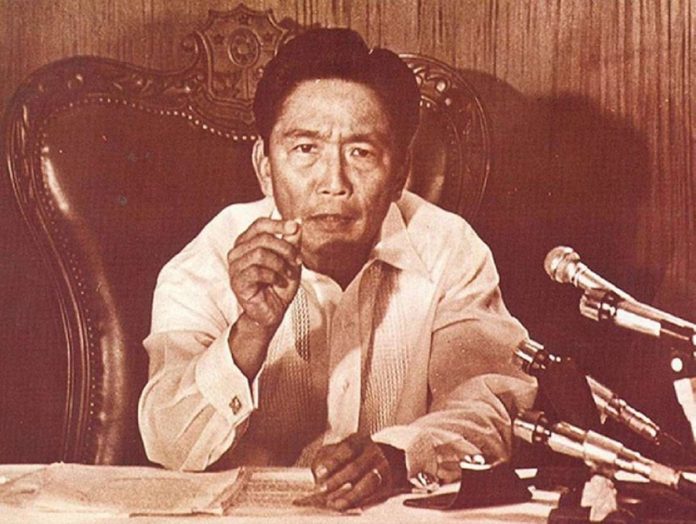
BY IME SORNITO & RHENJIE MARIE CALANTAS
ILOILO – As the country commemorates the 51st anniversary of martial law today, Iloilo City’s Mayor Jerry Treñas reminds Ilonggos not to diminish the sacrifices of all those who fought and died for freedom and democracy.
For Treñas, the martial law years were dark moments in the nation’s history that brought suffering, pain, and oppression.
“It was the worst display of abuse of power and authority,” he said. Then President Ferdinand E. Marcos Sr. placed the country under military rule beginning on September 21, 1972, citing the growing communist insurgency.
However, Marcos’ martial law attracted criticism for its abuse of power, human rights violations, media censorship, crony capitalism, economic mismanagement, suppression of political opposition, and corruption.
Treñas, an active student leader at Ateneo de Manila University at that time, said he experienced the atrocities of being under military rule.
“We should never again allow our country to be ravaged in that way. Let us cherish the kind of freedom and democracy we have now. Let us stand for what is right, help our country become much better, and not put to waste the lives and sacrifices of those who fought and died during the martial law era,” Treñas urged Ilonggos, especially the youth.
Gov. Arthur Defensor Jr. of Iloilo also emphasizes the importance of remembering martial law and appreciating today’s democracy and freedom.
“It’s essential to remember it because those who cannot recall the past are condemned to repeat it,” Defensor said.
PRO-6 on ‘high alert’; enforces ‘no permit, no rally’
Meanwhile, the Police Regional Office 6 (PRO-6) has placed all its police units on high alert for potential protests today.
A strict “No Permit, No Rally” policy will be enforced, said PRO-6 spokesperson Major Mary Grace Borio.
She emphasized the importance of adhering to this policy to ensure public safety.
“Our police officers have been briefed on what they should and should not do when rallies take place on our streets,” added Borio.
One key requirement for rallies is that their location must be specified in the permits obtained by organizers. Additionally, coordination with local government units is necessary to ensure that the gatherings are conducted peacefully and without disrupting public order.
Borio reiterated PRO-6’s commitment to maintaining maximum tolerance during such events and urged everyone to respect human rights and each other as members of a community.
She emphasized the importance of commemorating the martial law anniversary with a sense of unity and responsibility.
The martial law era was marked by widespread human rights violations. There were reports of torture, enforced disappearances, extrajudicial killings, and arbitrary arrests of political activists, journalists, and ordinary citizens critical of the government.
Freedom of the press was severely curtailed during martial law. Many newspapers, radio stations, and television networks were shut down or placed under government control. This limited the flow of information and silenced opposition voices.
Also, while Marcos claimed that martial law would bring economic stability, the Philippines experienced significant economic problems during this period. Corruption was rampant, and the country’s foreign debt ballooned. Wealth became concentrated among a few. Lucrative contracts and business opportunities were awarded to the dictator’s close associates and cronies.
Marcos cracked down on political opposition, imprisoning political leaders like Benigno Aquino Jr. and many others. The opposition’s ability to challenge the regime was severely restricted./PN




